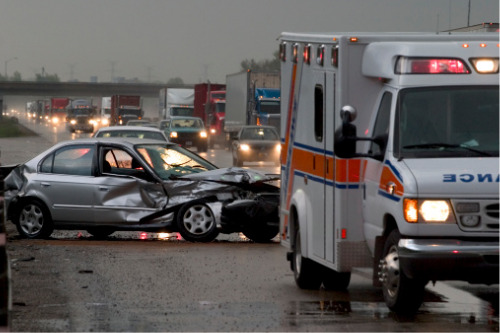

The International Road Assessment Programme (iRAP) has estimated that 450,000 Australians will be killed or injured in road crashes between now and 2030, leaving victims and the transport system vulnerable with a few financial incentives for reform.
At the Australian Personal Injury and Disability Management National Conference (PIEF2021) held in Brisbane, iRAP chief executive officer Rob McInerney reminded the health and insurance sectors that they bear the cost of road crashes – emphasising the significance of implementing a sustainable results-based financing mechanism to fund road safety inventions.
“The system failures and solutions to reduce road trauma are in the design of our roads and vehicles and the behaviour of road users. The road authority or vehicle industry does not currently have a budget for death and injury, and this negates incentives and accountability to finance interventions,” McInerney said.
“We are blind to the impact of injury and how unsafe our roads are. A lack of stakeholder accountability is at the heart of road safety market failure and the cost, tragically, is lives lost and life-long injuries borne by Australian families.”
In response to failures in road safety, iRAP launched the Road Injury Dashboard based on successful case studies from Brazil and the Transport Accident Commission (TAC).
Informed by Victorian insurance data, the dashboard provides unique insights into the injury and crash types and total lifetime claim costs associated with Victorian road trauma to inform the real cost and actions needed. This data has already been used to show how many brain injuries, spinal injuries, and limb fractures can be saved and where in the health systems those costs are reduced by raising roads to 3-star or better standard across the state.
The information in the dashboard is also available as a global resource through iRAP's Vaccines for Roads initiative – informing impact investment activities globally as part of the World Bank Group, iRAP, and the FIA high-level panel project to develop Road Safety Bonds and capitalize on the opportunities associated with private investment in road safety in developing countries.
“Ultimately, improved road safety will save lives, save money, and create jobs,” McInerney said. “It's a win-win-win scenario that we have a duty of care to embrace.”
